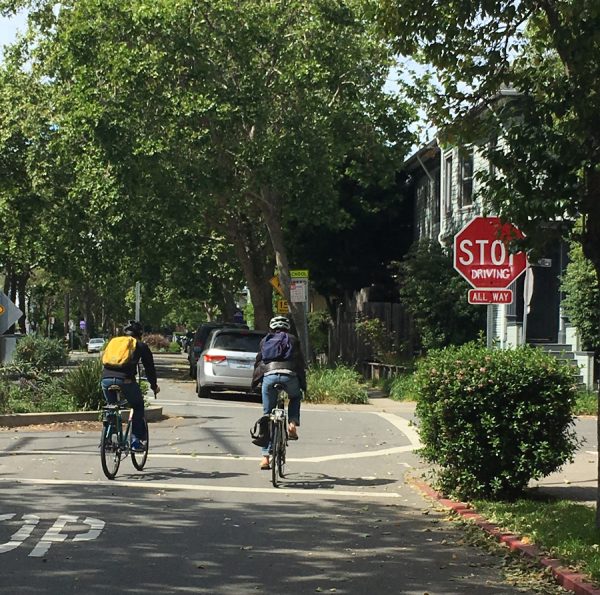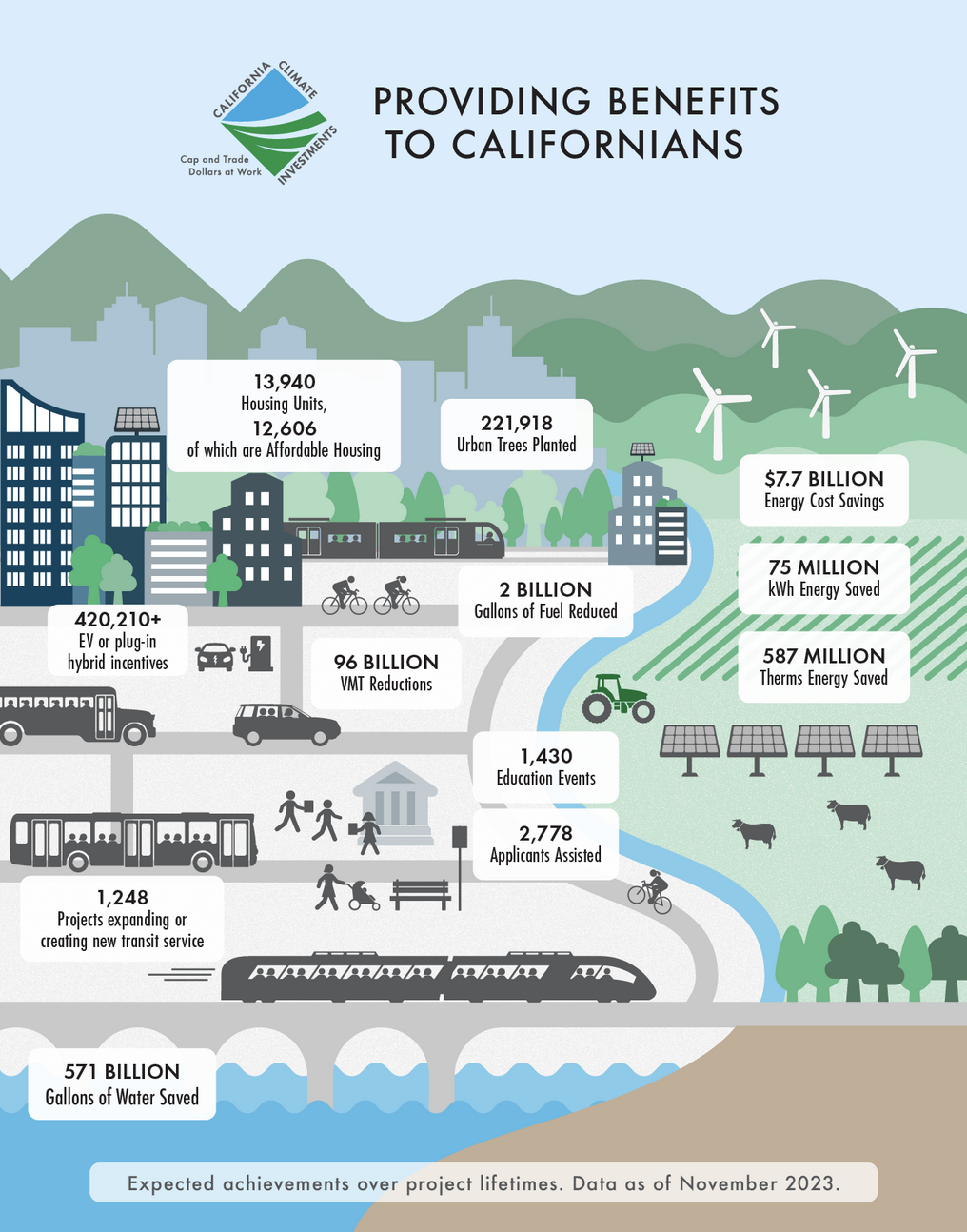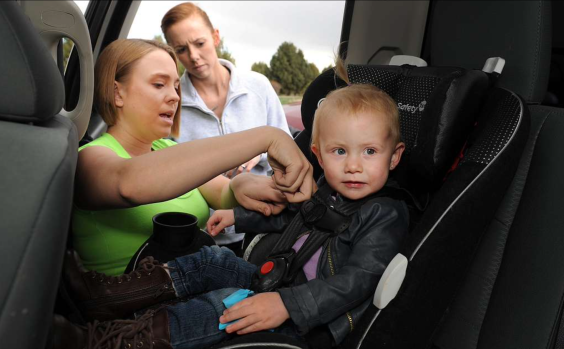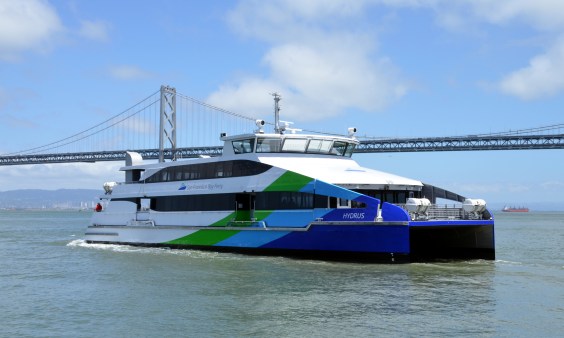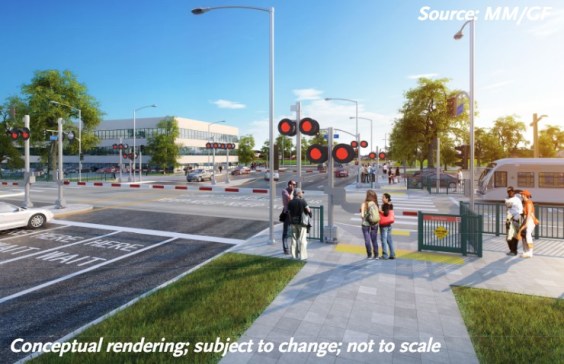Note: This post has been updated to clarify that official opposition is from the California Association of Highway Patrolmen, not the California Highway Patrol, which has not taken a position on the bill.
The Assembly Transportation Committee passed A.B. 122 from Tasha Boerner Horvath (D-Encinitas) after she accepted the committee's suggested amendments. The bill would allow bicyclists to treat stop signs as yield signs. That is, when approaching a stop sign, a bike rider would be required to yield the right of way to any vehicle already in the intersection, but not have to come to a complete stop if no other traffic were present.
This is already common practice among bike riders and, according to former Davis Police Chief Phil Coleman, who testified in support of the bill, one that is "embraced by the vast majority of uniformed police officers" who make discretionary decisions about whether to enforce what is currently an infraction.
The purpose of the bill is to clarify behavioral expectations and codify common sense practice. The amendments included a sunset - the bill would be in effect until 2028 - and a requirement for the California Highway Patrol to conduct a study on its safety effects.
Boerner Horvath said that the bill would make intersections safer for everyone. "While this might seem counterintuitive, yielding is already the law," she said, and it is understood how yielding works. "A.B. 122 uses this common understanding: if it's safe to do so, a bicyclist [could] continue without making a complete stop. Studies show bikes already do this; this bill is needed to make it clear what is the accepted and expected behavior."
"The state of Delaware, which passed a similar law in 2017, found a 23 percent reduction in crashes in the first thirty months after passing the law," she said. There are now five states that have some version of this law in place, and "no state has discovered anything other than improvements" after passing similar legislation, according to Boerner Horvath.
"All roads need to be safe for all road users," she added.
Dave Snyder of CalBike pointed out that bicyclists generally prefer to ride on quieter streets, but those tend to have frequent stop signs that require significant energy to get going again after a full stop. It is simply using "reasonable judgement" to slow down and then continues through if there is no oncoming or crossing traffic, to maintain momentum.
In the bill's analysis, CalBike pointed out that "penalizing this safe bicycling practice with unnecessary enforcement at stop signs is counterproductive to the larger goal of increasing bicycling, and discourages people bicycling from using side streets.”
Opposition to the bill was not quite the same as the last time this bill was attempted in California. The California Association of Highway Patrolmen - not the CHP - officially opposes it, but did not testify against it in this committee. The only law enforcement representative who testified was in favor of the bill (see Coleman's testimony, above).
AAA called in to oppose the bill "unless amended," but its suggestions - to add a sunset clause and collect safety data - were accepted, so it's not clear why they are still in opposition. They wanted to exclude e-bikes, but according to the committee analysis, "regardless of how fast a bicycle is going, they will still be required to slow down as they approach an intersection with a stop sign in order to comply with the law, just as a cyclist without electric assist going 28 miles per hour would be required to do as well."
In other words, the e-bike question doesn't pertain here.
There was a call from a representative from the California Coalition for Children's Safety and Health, who claimed that it would not be possible to teach children how to deal with the new rule. But that caller had his own, off-topic agenda. Ignoring the testimony about reduced crash risk, he insisted that if the bill passed, "there will be more bike vs. car collisions," so it should include a helmet requirement for adults on bikes.
The bill has support from a wide range of organizations, including bike advocacy organizations, cities, climate and environmental groups, and organizations working to achieve sustainable transportation systems in California. Also, Assembly Transportation Committee Chair Laura Friedman (D-Glendale) and committee member Buffy Wicks (D-Berkeley) both asked to be added as co-authors.
